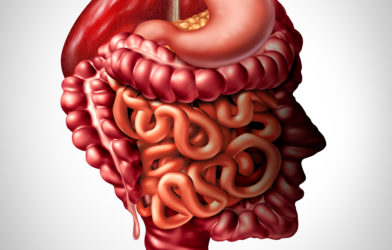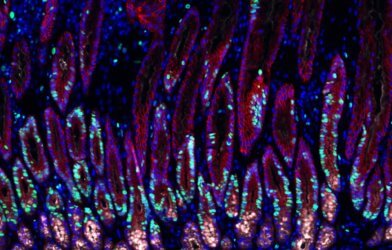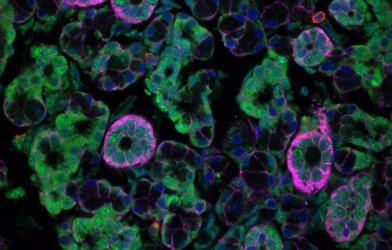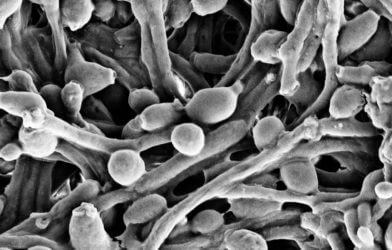
Jocelyn Solis-Moreira


Your favorite cereal or pasta dish could help ward off ‘range of cancers’ by 60% — if it’s made with thisAugust 9, 2022

Gut health is linked to brain disease — but there’s a lack of strong data to explain howJuly 20, 2022

How does the immune system know what’s good for the body and what isn’t?July 14, 2022

Scientists unravel secrets behind bacterium that can increase stomach cancer riskJuly 7, 2022

Cell research unearths new way of stopping colorectal cancer tumors from growingJuly 6, 2022

Saliva serves as vessel for stomach viruses to travel throughout the bodyJuly 5, 2022

Lemurs showing antibiotic-resistant bacteria in their guts after repeated encounters with humansJuly 1, 2022

Gut microbes play an important role in stopping viral infections. Researchers finally know howJune 24, 2022
